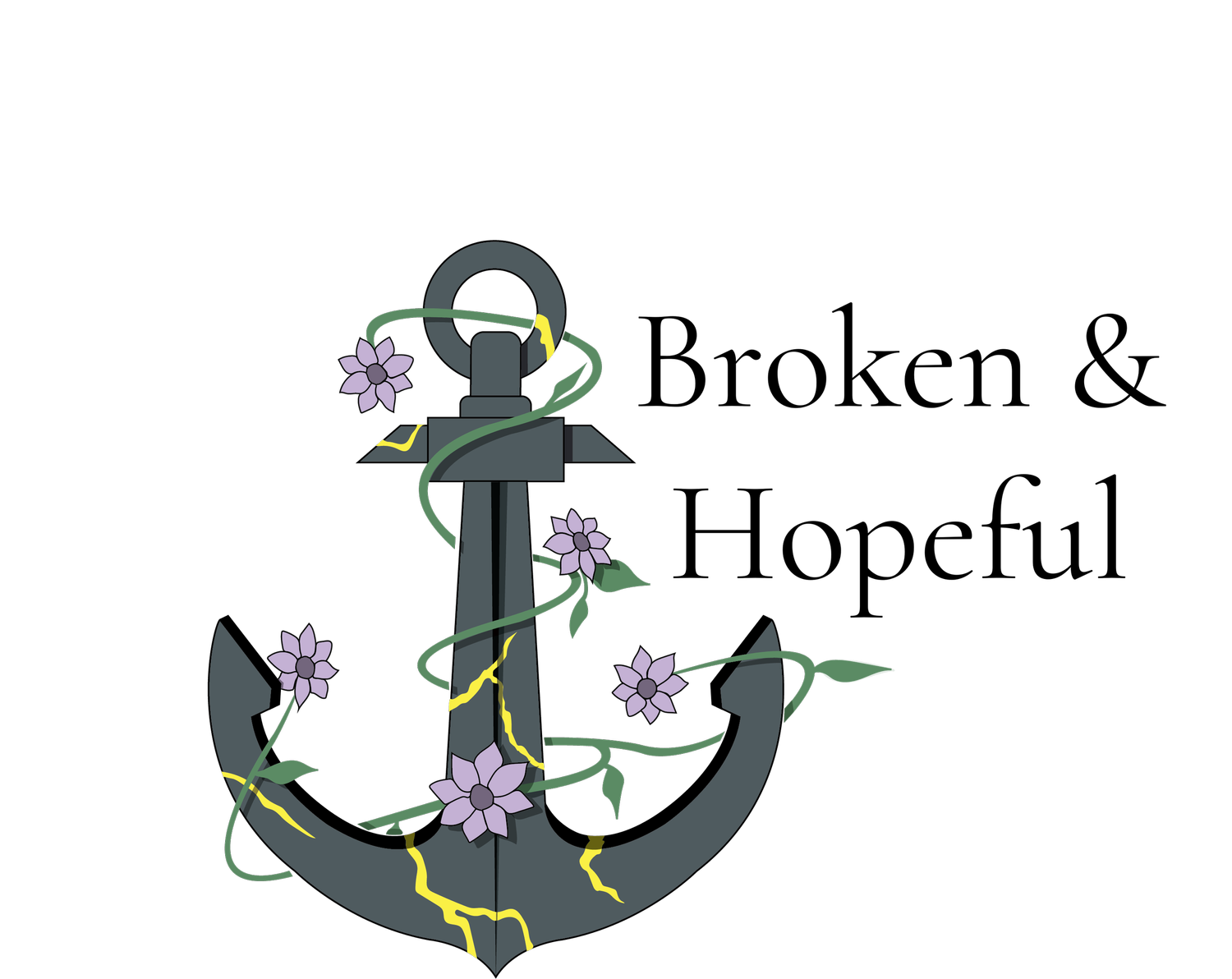Out of the blue the other day, my 8-year-old daughter piped up from the back seat of the car and said she was really upset that someone in a movie had said, “You should be ashamed of yourself.” I don’t even remember the movie or what it was in reference to, but I thought it was an interesting observation, especially from a younger child. Shame always brings a chaotic mess of discouragement, depression and despair.
Shame is usually defined as something along the lines of a bad feeling of humiliation or distress caused by the belief that behavior was wrong, or that the wrong done was because of the person being intrinsically bad or unworthy. It encompasses a lot of the mess we carry around with ourselves after we have either done something stupid, or feel that we have.
1 Corinthians 13:5 says that love does not traffic in shame. To me, that means that God (who is love) does not believe in shame. He does not use it to convince people not to do stupid things. He doesn’t see it when He looks at you. In fact, shame becomes pride when we refuse to accept the payment He has already given for everything sinful we have done or could do.
I am not saying that God agrees with our behavior all the time. And we, as believers in Christ, still sin lots. But every time we do, God looks at His Son on the cross, recognizes payment has already been made, and cleans us from it instantly. Not only that, but He has provided His Life within us to be able to do something different—sin is not normal for us anymore.
I define guilt as the feeling you get when the Holy Spirit puts his finger on something you did, asking you about it. You see it was sinful or bad, and you ask for forgiveness. The sin was already dealt with on the cross, but the acceptance of that forgiveness is what frees us from the feeling of guilt. But often, instead of accepting this, we start the beating up of ourselves, berating ourselves for messing up again, for not doing better. This is where shame enters the picture. We have this idea that if we keep shame around that it will somehow keep us from sinning again. It doesn’t work that way, though, and ends up just being a ball and chain around our necks.
Many people use shame to control others. They convey the message that if everyone knew what the person carries with them, they would be rejected by people or God. I find it interesting, though, that God very deliberately says that He does not traffic in shame. Shame is not a tool He uses, and therefore serves no purpose for us. Instead, it limits us, derails us and puts us in a place where we mentally pummel our backs until bleeding, thinking that it will keep us from doing something again.
The simplicity of the gospel is that Jesus paid the price for ALL sin. There is nothing that you can do that will eliminate that or will surpass that. If you carry shame, you are essentially saying that Jesus’ sacrifice was not enough for you.
So, what do you do with it instead? I think the first thing is to recognize when you are in a shame spiral, for we often don’t. I like to say that the feeling you get when you are carrying shame is a great warning light that you have entered this spiral. Look for what it feels like when you are here—like there's no point to life, like you are angry at the world, like there is nothing you can get right or ever will do that’s worthy.
When you realize that you are carrying shame, you identify what started it, and ask for forgiveness if it was something you did wrong. If it was something someone else did wrong to you, the shame doesn’t belong to you either. Then, you leave it at Jesus’ feet in prayer. Let Him take it. Don’t carry it around with you thinking that it will one day help or make you better. Shame is poisonous, carrying its venom into your mind, your heart and your body. We can’t receive love when all we see is shame.
Jesus offers love in place of shame. If you carry shame with you, acknowledge it and give it to Him to carry. He will lavish His love on you in place of the shame. Shame is never God’s tool to make you behave. God does not traffic in shame.
Love does not traffic in shame and disrespect, nor selfishly seek its own honor. Love is not easily irritated or quick to take offense. 1 Corinthians 13:5

